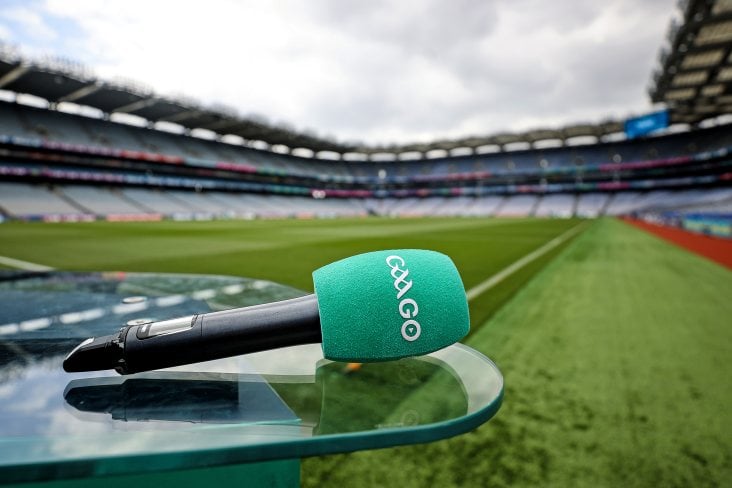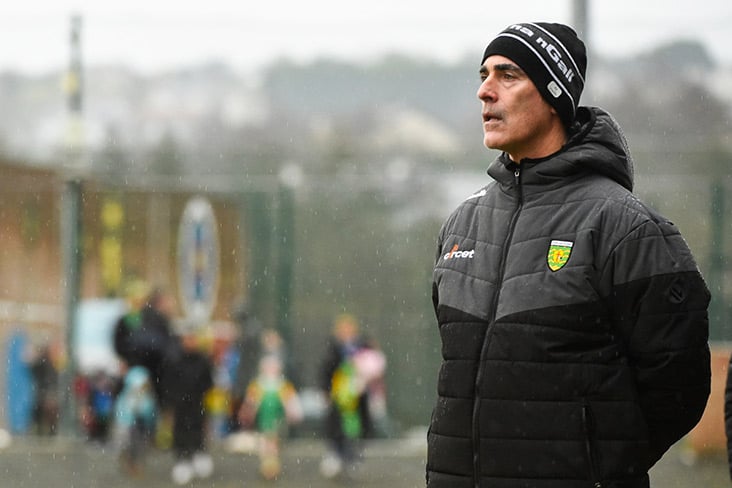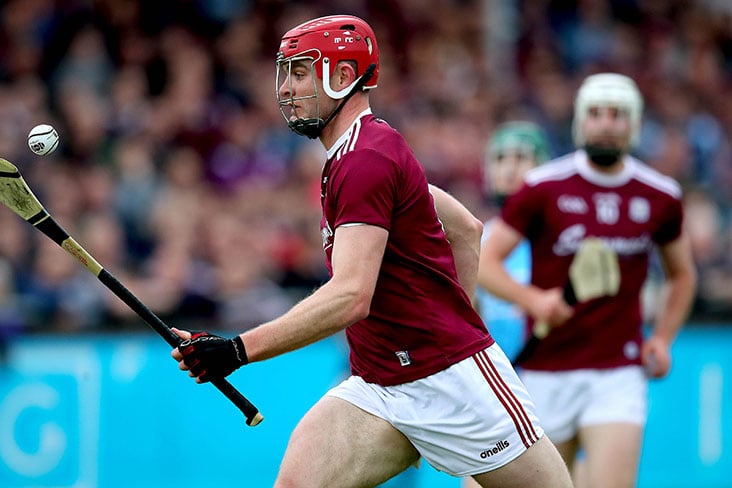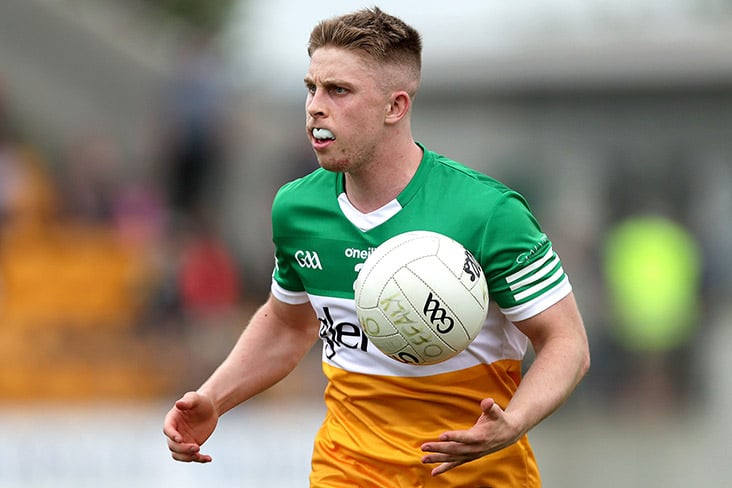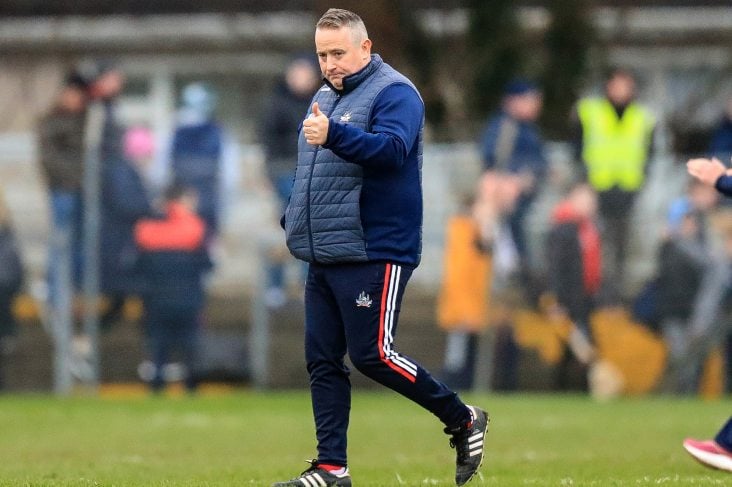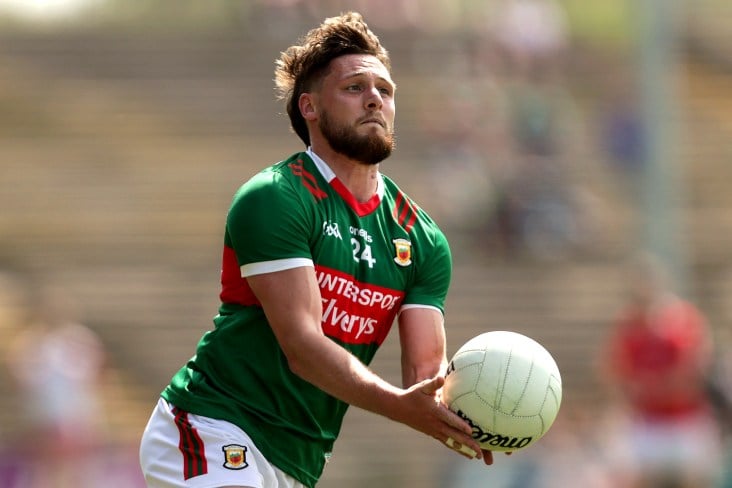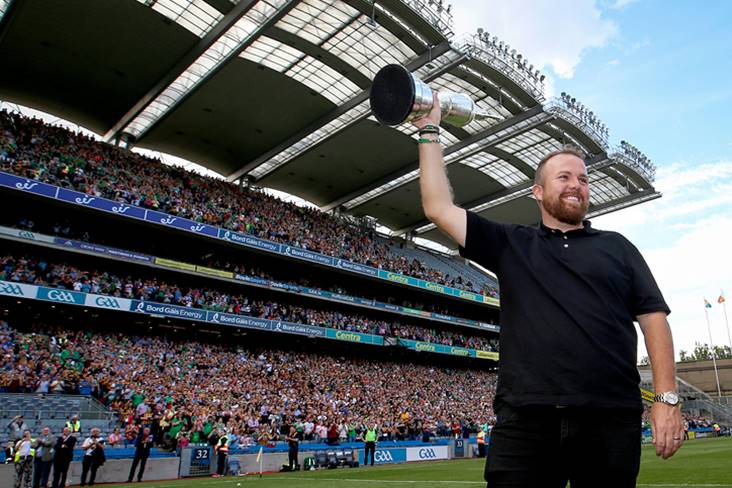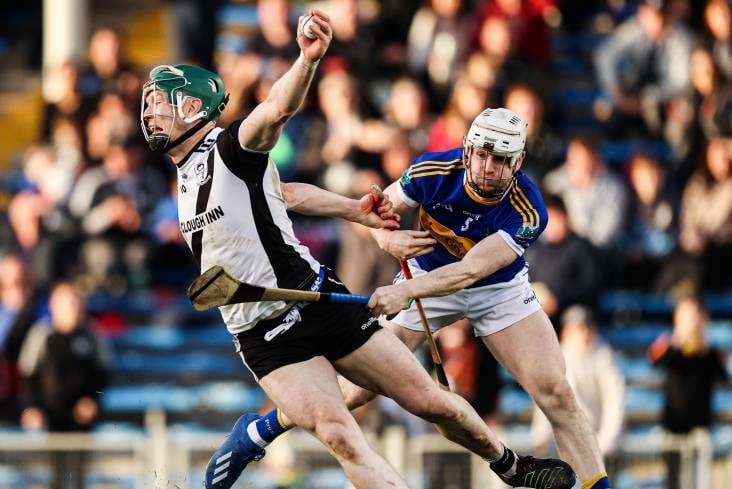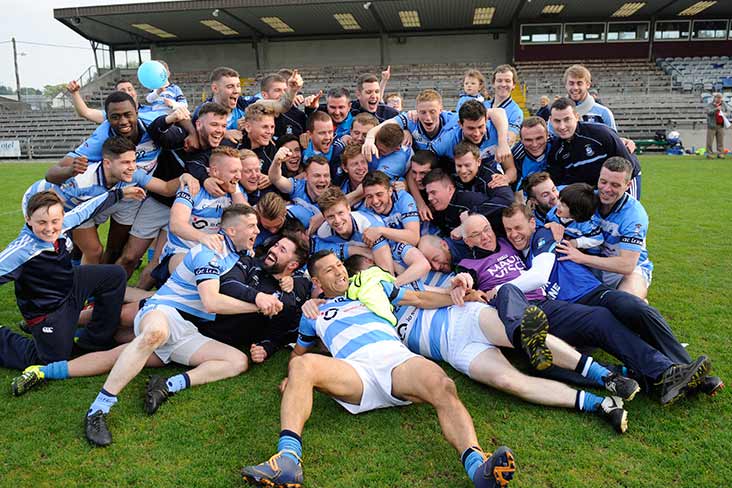Darby reflects on remarkable career
November 27, 2011A truly remarkable individual is Peter Darby. Now in his 73rd year and still as fresh as a daisy, he will forever be known as the man who captained Meath to their third All-Ireland senior football triumph 44 years ago.
But there were numerous other highlights packed into the Trim legend's sporting career. A hurler first and foremost, he is regarded as one of the finest dual players Meath has ever produced, having represented the Royal County in both codes for over a decade. He also wore the green of Leinster in Railway Cup football on a number of occasions.
Peter boasts an impressive medals collection that includes one All-Ireland football (1967) and three Leinsters (1964, '66 and '67), two Gaelic All-Stars (1964 and '66), five Meath senior hurling championships (1955, '56, '57, '59 and '60) and one county senior football championship (1962). He also played in an All-Ireland junior hurling final, which Meath lost to Kerry in 1961, and was part of the Meath football squad - which was the first from Ireland - to tour Australia in 1968. It was from this tour that the International Rules (formerly Compromise Rules) concept originated.
Born and reared in Trim, Darby's sporting pedigree first came to notice when he played both minor football and hurling for Meath in the mid-1950s. He was a county minor hurler for three years and was on the minor football team in 1955 and '56. Unfortunately for Peter, he was a mere four months overage for the Meath team which swept to All-Ireland minor football glory in '57.
Peter was just 16 when he made his debut for the county senior hurlers in 1954. Two years later and still a minor (only just!), he debuted for the senior footballers in a tournament game against Dublin on St. Stephen's Day in Croke Park. However, he wouldn't make his championship debut for another two years when Meath lost to the Dubs by a point in Drogheda. Dublin subsequently won the All-Ireland, beating Derry in the final.
Recalling his first senior outing for the Meath footballers in '56, Peter says: "I don't remember the score, but it was a terrible foggy day and it was hard to see the ball. It was a big thrill for me to play alongside the likes of Micheal Grace and Mattie McDonnell, who were two of my heroes from the Meath 1949 team."
The Trim man's inter-county hurling career spanned from 1954 to '66, with his football career running from '58 to '68. While he spent most of his Meath football career at corner back, he usually lined out at midfield for the hurlers.
"I was better at the hurling and enjoyed it more," he reveals.
"Trim was a hurling town until about 1954 when we started making strides in the football. I played centre-field for them and the county. I actually started out as a corner forward with the Meath footballers before working my way back into the full back line. When Trim won the Keegan Cup in '62 with a victory over Ballinlough, I was full back."
Despite being one of Meath GAA's most decorated players, Peter regrets not achieving more with the hurlers.
"We won a National League and played in an All-Ireland junior final, but it disappoints me to think that we never really challenged the big boys. We were every bit as good as Offaly at that time, but the difference was they pushed on and won Leinster and All-Ireland titles. Meath hurling hasn't progressed since my time," claims Peter, who had won all five of his Jubilee Cup mementos with Trim by the age of 22.
By contrast, Darby had a highly successful career with the Royal County footballers, garnering three Leinster medals and captaining them to All-Ireland success in 1967. He was part of an outstanding defence that also featured Mick White, Jack Quinn, Pat 'Red' Collier, Bertie Cunningham and Pat Reynolds, and was backed by goalkeeper Sean McCormack. The All-Ireland final victory over Cork was the culmination of several years of hard work by that panel of players.
"We had been knocking on the door for a few years and it was a huge relief when it finally opened for us," the left corner back fondly remembers.
"We had won Leinsters in '64 and '66, but lost to Galway after in the All-Ireland semi-final and final. It was a great honour for me to captain what was a super team - one of the best ever to come out of Meath."
He continues: "It was by chance that I was made captain that year. The captaincy normally went to a player from the county champions, but Kells (who captured the Keegan Cup the previous year) had no one on the team, which was incredible when you consider that 15 clubs were represented. I was probably given the captaincy on the basis that I was the oldest, having been on the team for 10 years prior to that."
Following on from that success, Meath embarked on a five-match tour of Australia in early 1968. And while it was a trip of a lifetime for all involved, an injury sustained in one of the games effectively signalled the end of the All-Ireland winning captain's illustrious playing career at the age of 29.
"I would have liked to have gone on for another 10 years - like Graham Geraghty! - but it wasn't to be," he laughs.
"I pulled stomach muscles and never really played after that. It took me two years to get half-right again. It was unfortunate because otherwise I really enjoyed the trip. We played five matches in Perth, Adelaide and Melbourne, and won all five. It was tough, hard football."
Despite his career being cut short, Peter remained part of the Meath set-up and was a selector along with Johnny Meehan, Peter McDermott, Liam Creavin, Fr Tully and manager Micheal Campbell when they lost the 1970 All-Ireland final to Kerry after beating Offaly in a high-scoring (2-22 to 5-12) 80-minute Leinster final.
In the years that followed, Peter trained Trim and also served as club chairman. He believes they would have added to their solitary Keegan Cup success of 1962 had it not been for the dominance of the Jack Quinn-led Kilbride team of that era.
"They were at their peak back then. After appearing in county finals in '61 (which Trim lost to Navan O'Mahony's) and '62, and winning the Feis Cup, we would have expected to win more silverware, but Kilbride were coming strong and they remained the top dogs into the 1970s," he ruefully reflects.
Darby also served as deputy vice-chairman of the Meath county board and was a Leinster Council delegate. His inability to play GAA saw him turn his hand to golf and he soon became immersed in the Co. Meath Golf Club in Trim. He held a variety of positions with them, including treasurer, secretary and captain, and was president when the club celebrated its centenary in 1998.
Though he is no longer actively involved, Peter has always maintained a strong interest in the GAA and is a regular at Trim and Meath matches. Married to Joan, his children Peter Jnr, Siobhan and Audrey have all inherited his passion for Gaelic Games. His 12-year-old grandson Pierce Darby is already showing promise as a sports player, having been named Trim soccer club's Player of the Year in his age group.
"All of the family are very interested in the GAA. Audrey is a huge Meath supporter - she hasn't missed a game in 12 years," he explains.
Peter retired in 2003 after working for drinks firm C&C for 28 years. Needless to say, this icon of Meath GAA is enjoying his retirement and is looking forward to the day when the Royal County renews its acquaintance with Sam Maguire. Tweet
